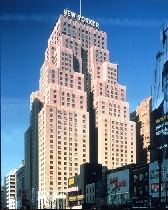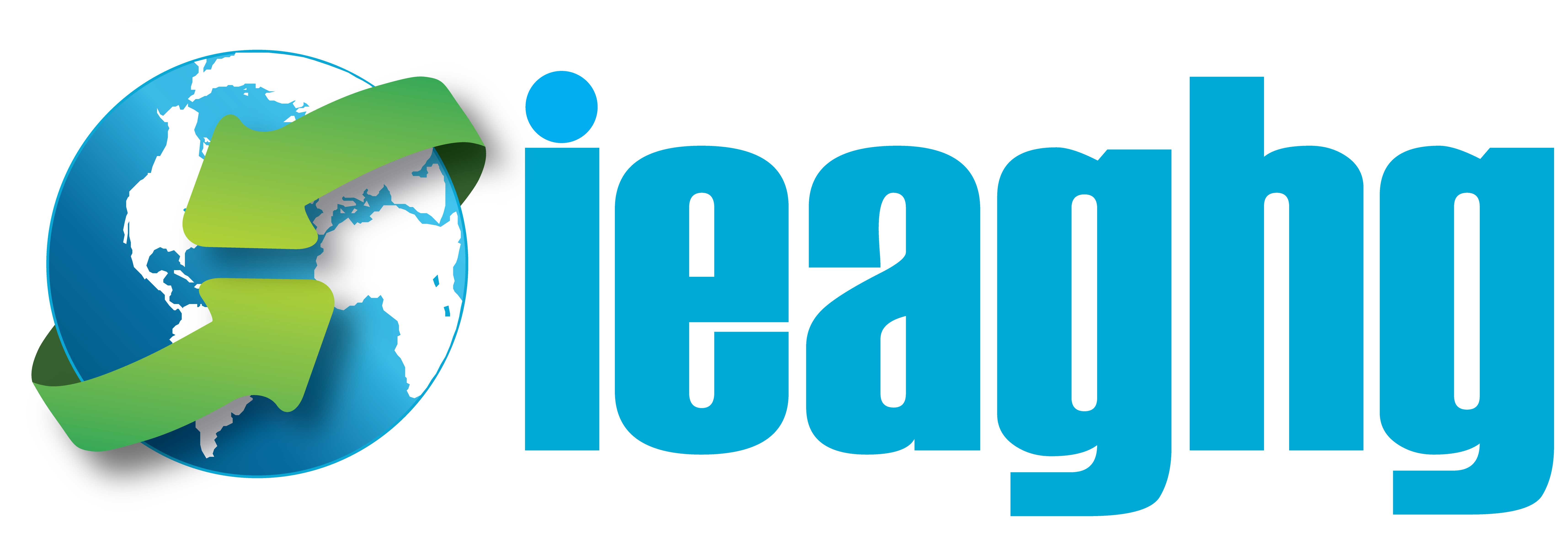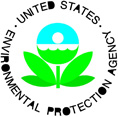11th-13th June 2008
New Yorker Hotel, 481 Ejosirth Avenue
New York, USA
 New Yorker Hotel
New Yorker Hotel
Organised by IEA Greenhouse Gas R&D Programme and US EPA


Supported by EPRI and OXAND


Steering Committee Members:
- Malcolm Wilson, UNIVERSITY OF REGINA
- Bill Carey, LANL
- Susan Hovorka, UNIVERSITY OF TEXAS
- Laurant Jammes, SCHLUMBERGER
- Brendan Beck, IEA GHG
- Richard Rhudy, EPRI
- Gabiel Marquette, SCHLUMBERGER
- Rick Chalaturnyk, UNIVERSITY OF ALBERTA
- Tony Espie, BP
- Toby Aiken, IEA GHG
- John Gale, IEA GHG
- Kevin Dodds, BP
- Anhar Karimjee, US EPA
- Isabelle Czernichowski, BRGM
- John Kaldi, CO2CRC
Introduction
The IEA GHG would like to announce the IEA GHG joint network meeting to bring together three of their currently operating networks, namely the Monitoring network, the Risk Assessment network and the Well-bore Integrity network. The aim of the meeting is to increase the communication and cooperation between the networks and to help refine each networks work programme for the next 3-4 years in order to gain the most benefit from the parallel agendas and common goals of the networks. The members of each network will be invited and encouraged to attend this event. The meeting will be held over three days on the east coast of the USA with the support of the US Environmental Protection Agency.
We anticipate a group of about 120 people.
Agenda
Day 1 11th June 2008 |
|
|
08.30 Registration Opens |
|
|
09.00 - 09.30 |
Welcome and Introduction: John Gale IEA GHG |
Session 1: Network Status Review and Collaboration ThoughtsThe chair of each network will give a review of the state of the art work going on in each field, an overview of the specific issues that the network is dealing with at the moment and the main areas of concern, and some initial thoughts about what the networks have to offer each other and what they need from each other taking into account the results of the questionnaire. |
|
|
09.30 - 10.20 |
Wellbore Integrity Network: Bill Carey, LANL and Craig Gardner, Chevron |
|
10.20 - 10.30 |
Questions |
|
10.30 to 11.00 Break |
|
|
11.00 - 11.50 |
Risk Assessment Network: John Kaldi, CO2CRC; Claudia Vivalda, Shlumberger; Rick Chalaturnyk, University of Alberta |
|
11.50 - 12.00 |
Questions |
|
12.00 - 12.50 |
Monitoring Network: Kevin Dodds, BP; Rick Chalaturnyk, University of Alberta |
|
12.50 - 13.00 |
Questions |
|
13.00 to 14.00 Lunch |
|
|
14.00 - 14.50
|
Panel Discussion involving Network Chairs |
|
14.50 - 15.00 |
Questions |
|
15.00 to 15.30 Break |
|
Breakout Session 1: Review of Network PositionsThis session will involve the group being separated into 3 smaller groups representing each of the individual networks. The groups will be asked to review the presentation and discussions relating to their network from the morning session and to go over the points raised, to make sure nothing was left out and to expand on them if necessary. |
|
|
15.30 - 16.15 |
Breakout groups |
|
16.15 - 16.45 |
Group Results Presentations from Breakout Session 1 |
|
16.45 - 17.45 |
Discussion |
|
17.45 Close Day 1 |
|
Day 2 12th June 2008 |
|
Session 2: ModellingThis session will provide a review of the state of the art work going on in modelling, an overview of the modelling issues that current networks are dealing with at the moment and modelling issues that are not being addressed by the current networks, and provide some initial thoughts about how a new modelling network or cross-network subgroup could contribute. |
|
|
09.00 - 09.50
|
Modelling Overview: Gabriel Marquette, Schlumberger and Isabelle Czernichowski; BRGM |
|
09.50 - 10.00 |
Breakout session 2 Introduction |
|
This session will involve the group being separated into 3 smaller groups representing each of the individual networks. The groups will be asked to identify the areas in which modelling is currently looked at within their own network and where it could be looked at further in the future. |
|
|
10.00 - 10.30 |
Breakout Session 2: Review of modelling within the current Networks |
|
10.30 to 11.00 Break |
|
|
11.00 to 11.30 |
Panel Session - Group Results Presentations from Breakout Session 2 |
|
11.30 to 12.00 |
Panel Discussion - Discussion of the cross network modelling needs and the proposed Modelling Network. |
Session 3: CCS PhasesThe goal of this session is to provoke thought about the practical application of information generated through ongoing CCS research and field projects and to identify potential gaps. An important consideration is whether the information generated through the networks is moving the state of art on CCS forward and supporting real-world deployment of CCS projects. This session will be focused on the permitting/approval process for CCS projects as a way to identify key data/research needs that will enable CCS projects to move forward. |
|
|
12.00 - 12.15 |
Breakout Session 3 Introduction Each group will be asked to look at one of the four phases of a CCS project: site selection and permitting; site operation; site closure, and post-closure. A CCS scenario will be provided to ensure consistency. For example, 1Mt of CO2 storage in an onshore storage site utilizing an expired oil reservoir with 100 abandoned wells. Each group will look at what information/data is needed during each phase, i.e. characterise the site, generate a reservoir model, perform a risk assessment, set up a monitoring programme, and plan remediation measures. They will consider whether current information (in these categories) is sufficient to draw conclusions that support siting, operation, and regulatory permitting decisions, if tools/ techniques which provide an appropriate level of confidence are available, and whether additional research/data is needed. If additional research is needed, the group will consider whether and how it is attainable, whether it is general or site-specific, and possible network contributions. Throughout the discussions the groups should keep in mind the three current networks in order to identify key issues to address within the networks and possible areas of collaboration between networks. |
|
12.15 - 13.00 |
Breakout Session 3 |
|
13.00 to 14.00 Lunch |
|
|
14.00 - 15.00
|
Breakout Session 3 Continued In the second half of the third breakout session, the groups are asked to continue their discussion and analysis of the original scenario but to also identify any differences that would occur with a change of the scenario. Changes that would be useful to look at would be larger volumes of CO2, offshore storage, saline aquifer storage, EOR, storage/transport in a heavily populated area. |
|
15.00 to 15.30 Break |
|
|
15.30 - 16.30 |
Group Results Presentations from Breakout Session 3 |
|
16.30 - 17.30 |
Discussion |
|
17.30 - 17.45 |
Day 2 Wrap Up |
|
17.45 Close Day 2 |
|
Day 3 13th June 2008 |
|
Session 4: Network SummaryThe goal of this session is to provide an opportunity for the networks to discuss their observations from Day 1 and 2 and identify possible priority areas for collaboration and future work. |
|
|
08.30 - 08.45
|
Breakout session 4 introduction: Network Work Programmes. The fourth and final breakout session is to discuss near and long-term work programmes for each Network based on the discussions from the previous two days. |
|
08.45 - 10.30 |
Breakout Session 4 |
|
10.30 to 11.00 Break |
|
|
The following presentations provide the network chairs with the opportunity to report back from the Breakout session 4 as well as give their impressions on the previous two days. The chairs will be asked to give their thoughts about the direction that the Networks are going and on the key themes that they think need to be addressed. They will also be asked to present any now ideas about how the networks can better communicate and collaborate to get the most out of the network programme as a whole. |
|
|
11.00 - 11.20 |
Wellbore Integrity Network: Bill Carey, LANL and Craig Gardner, Chevron |
|
11.20 - 11.30 |
Discussion |
|
11.30 - 11.50 |
Risk Assessment Network: John Kaldi, CO2CRC; Claudia Vivalda, Schlumberger; Rick Chalaturnyk, University of Alberta |
|
11.50 - 12.00 |
Discussion |
|
12.00 - 12.20 |
Monitoring Network: Kevin Dodds, BP and Rick Chalaturnyk, University of Alberta |
|
12.20 - 12.30 |
Discussion |
Session 5: Wrap up / Next Steps |
|
|
12.30 - 13.00 |
Presentation on Future Network Options – combining, creating new networks or cross-network working groups, etc: John Gale, IEA GHG |
|
13.00 to 14.00 Lunch |
|
|
14.00 - 15.30 |
Discussion of Day 3 |
|
15.30 - 16.00 |
Next Steps and Wrap up: John Gale, IEA GHG |
|
14.00 Close Day 3 |
|


